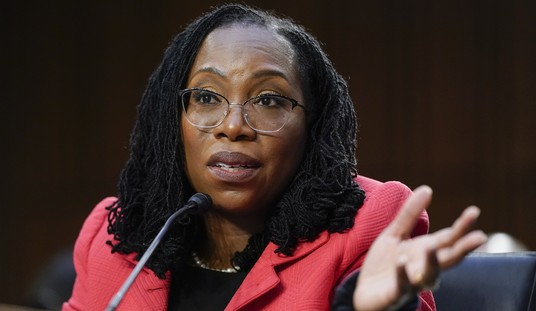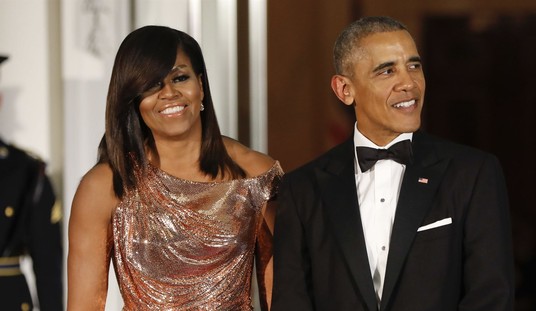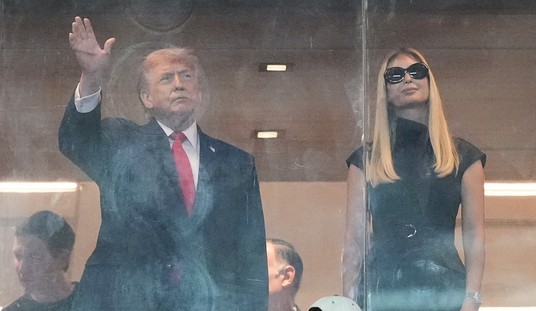There’s a lot of talk right now among opinion writers and policy analysts about how Iraq may be slouching toward civil war again. It’s understandable. Suicide- and car-bomb attacks make headlines every week. After a recent devastating assault on a Shia village, a woman standing amid rubble looked into a television camera and yelled at Prime Minister Nouri al-Maliki: “Look Prime Minister,” she shouted, “look Minister of Interior, where’s the security you’re talking about?”
Iraq is still a violent, dysfunctional mess. It probably will be for a long time. But Iraqis aren’t necessarily doomed to suffer another round of internal bloodletting like they did during the middle years of this decade.
In the dangerous security vacuum that followed the demolition of Saddam’s regime, Abu Musab al Zarqawi’s al-Qaeda in Iraq (AQI) ignited a civil war by unleashing ferocious terror attacks against the country’s Shia community. Now that American soldiers have withdrawn from urban areas and created another partial security vacuum, the shattered remnants of AQI are trying to ramp up that effort again. It won’t be as easy for AQI now as it was last time.
Iraqis suffered terribly at the hands of militias and death squads before General David Petraeus radically transformed American counterinsurgency with his “surge” strategy. Petraeus succeeded, at least temporarily, thanks to overwhelming cooperation and support from traumatized Iraqis who had a bellyful of politics by bullet and car bomb.
Initially, many Iraqi Sunnis welcomed and sheltered al-Qaeda because of its promise to expel American soldiers and protect the Sunni minority from the Shia majority. In the meantime, three legs of al-Qaeda’s support have been sawed off. American soldiers aren’t a daily irritant anymore. Maliki’s Shia-dominated government smashed the Shia militias. And al-Qaeda proved itself the enemy of even the Sunnis with its barbaric head-chopping behavior.
Terrorist attacks against Shias by AQI won’t likely reignite a full-blown sectarian war as long as the Sunnis continue to hold fast against the psychotics in their own community and Maliki’s government provides at least basic security on the streets.
Iraq’s Sunnis have as much incentive as its Shias to fight the AQI killers among them. They suffered terribly at AQI’s hands, after all. Out in Anbar Province, they violently turned against “their own” terrorist army even before the Shias turned against “theirs.” And Tariq Alhomayed points out in the Arabic-language daily Asharq al-Awsat that Maliki faces the same pressure to provide security on the streets, especially for his own Shia community, that any Western leader would face under similar circumstances — “he wants to be re-elected”:http://aawsat.com/english/news.asp?section=2&id=17742.
The uptick in violence following America’s partial withdrawal shouldn’t shock anyone. If you scale back security on the streets, more violence and crime are inevitable. The same thing would happen in the United States if local police departments purged the better half of their officers. That does not mean, however, that Iraq is doomed to revert to war.
“Read the rest in Commentary Magazine”:http://www.commentarymagazine.com/blogs/index.php/totten/76131.
Don't Tell Me How This Ends

Advertisement








Join the conversation as a VIP Member